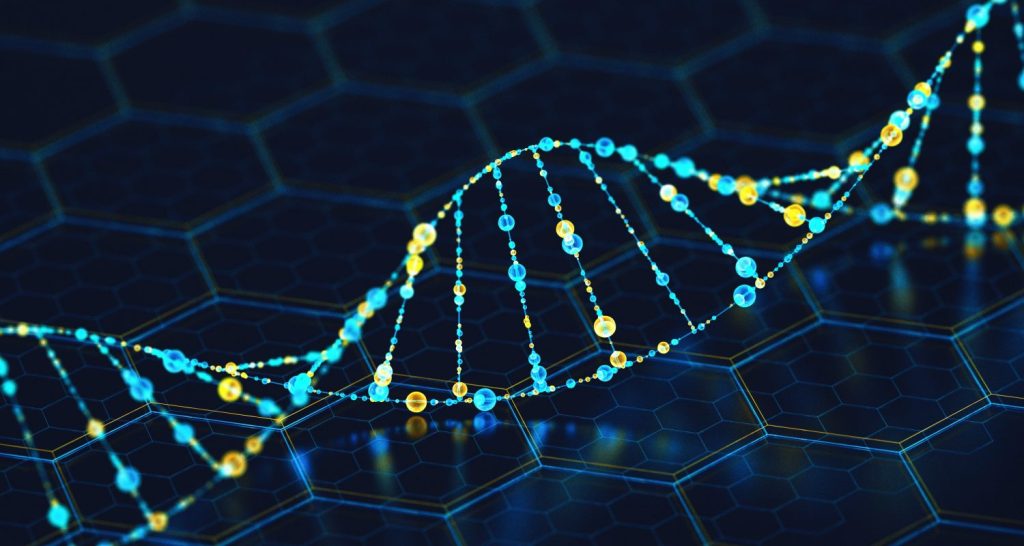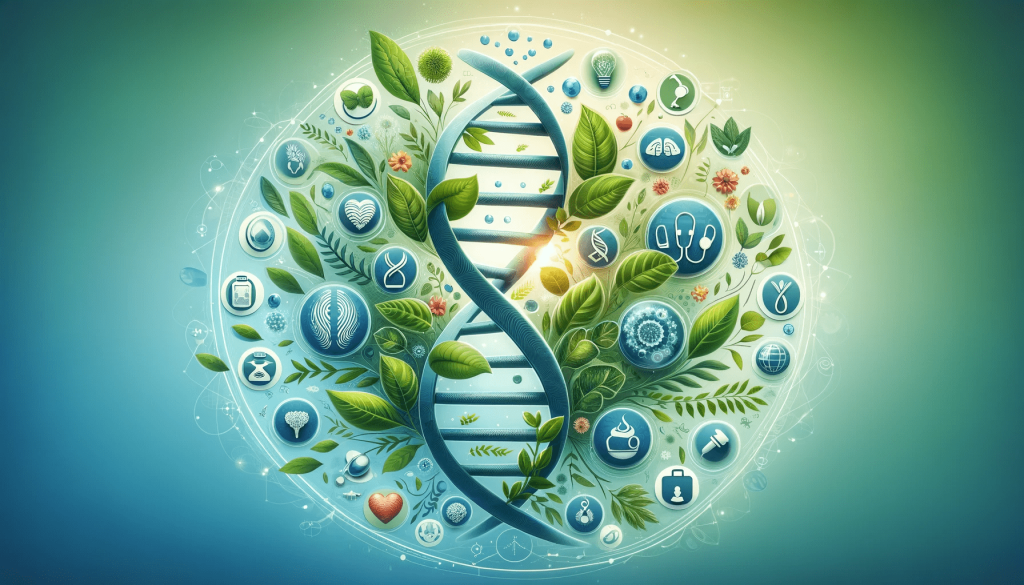Table of Contents
Epigenetics is a fascinating and rapidly evolving field of biology that explores how gene expression is regulated beyond the sequence of DNA itself. Unlike genetic mutations, which alter the DNA sequence, epigenetic changes modify gene activity without altering the underlying genetic code. This article delves into the concept of epigenetics, its mechanisms, implications, and potential applications in medicine and research.

1. Defining Epigenetics
Epigenetics refers to the study of changes in gene expression that do not involve alterations to the DNA sequence. These changes can influence how genes are turned on or off, how they are expressed, and how they respond to environmental factors. Epigenetic modifications can be heritable, meaning they can be passed from one generation to the next, but they can also occur in response to environmental influences or lifestyle choices.
- Gene Expression Regulation: Epigenetics primarily deals with mechanisms that regulate gene expression. This includes turning genes on or off, or modulating their activity, without changing the DNA sequence itself.
- Heritable Changes: Some epigenetic changes can be inherited, meaning they can be passed from parents to offspring. This contrasts with genetic mutations, which are permanent changes in the DNA sequence.
- Environmental Influence: Epigenetic modifications can be influenced by environmental factors such as diet, stress, toxins, and lifestyle choices. These factors can lead to changes in gene expression that may affect an individual’s health and development.
2. Mechanisms of Epigenetic Regulation
Epigenetic regulation involves several key mechanisms that control gene expression:
- DNA Methylation: DNA methylation involves the addition of methyl groups (–CH₃) to the DNA molecule, typically at cytosine bases. This modification can repress gene expression by preventing the transcription machinery from accessing the DNA. DNA methylation patterns can be stable and heritable, affecting gene expression across cell divisions.
- Histone Modification: Histones are proteins around which DNA is wrapped, forming a structure called chromatin. Chemical modifications to histones, such as acetylation, methylation, and phosphorylation, can alter the accessibility of DNA for transcription. These modifications can either promote or inhibit gene expression by changing the chromatin structure.
- Non-Coding RNAs: Non-coding RNAs, such as microRNAs and long non-coding RNAs, play a role in regulating gene expression. They can interact with mRNA to prevent translation or degrade mRNA, thus affecting gene expression post-transcriptionally.
- Chromatin Remodeling: Chromatin remodeling involves the dynamic changes in chromatin structure that impact gene accessibility. This can include alterations in nucleosome positioning and the modification of histone proteins, which influence the transcriptional activity of genes.
3. Implications of Epigenetics
Epigenetics has profound implications for understanding various biological processes and diseases:
- Development and Differentiation: Epigenetic mechanisms are crucial for cellular differentiation and development. During development, epigenetic modifications help establish cell identity by regulating the expression of genes specific to different cell types. This ensures that cells differentiate into the appropriate tissues and organs.
- Disease Association: Abnormal epigenetic modifications are associated with a range of diseases, including cancer, neurological disorders, and cardiovascular diseases. For example, aberrant DNA methylation patterns can lead to the silencing of tumor suppressor genes or the activation of oncogenes, contributing to cancer development.
- Genetic Disorders: Some genetic disorders are influenced by epigenetic factors. For instance, imprinting disorders occur when epigenetic modifications disrupt the normal expression of imprinted genes, which are inherited differently from the mother and father.
- Epigenetic Inheritance: Epigenetic changes can be passed from one generation to the next, potentially influencing the health and traits of offspring. This challenges the traditional view that only genetic mutations contribute to heritable traits and diseases.

4. Applications of Epigenetics
The study of epigenetics has several potential applications in medicine, research, and biotechnology:
- Personalized Medicine: Understanding epigenetic modifications can lead to personalized medical treatments based on an individual’s unique epigenetic profile. This can improve the efficacy of treatments and reduce adverse effects by targeting specific epigenetic changes associated with diseases.
- Epigenetic Therapies: Researchers are exploring epigenetic therapies to reverse abnormal epigenetic modifications associated with diseases. For example, drugs that target DNA methylation or histone modifications are being investigated as potential treatments for cancer and other conditions.
- Environmental and Lifestyle Interventions: Epigenetic research highlights the impact of environmental and lifestyle factors on gene expression. This knowledge can lead to interventions that promote healthy behaviors and prevent diseases by mitigating harmful epigenetic changes.
- Agricultural Biotechnology: In agriculture, epigenetic modifications can be used to enhance crop traits, such as stress resistance and yield. By understanding and manipulating epigenetic mechanisms, researchers can develop crops with improved characteristics.
5. Challenges and Future Directions
Despite its potential, the field of epigenetics faces several challenges and future research directions:
- Complexity of Epigenetic Regulation: The interactions between different epigenetic mechanisms and their impact on gene expression are complex and not yet fully understood. Continued research is needed to unravel these intricate relationships and their effects on health and disease.
- Ethical and Privacy Concerns: As epigenetic information becomes more accessible, ethical and privacy concerns arise regarding the use of epigenetic data in research and clinical settings. Ensuring the responsible use of epigenetic information and protecting individuals&8217; privacy is crucial.
- Translational Research: Bridging the gap between basic epigenetic research and clinical applications remains a challenge. Translating discoveries into effective therapies and interventions requires ongoing research and collaboration between scientists, clinicians, and policymakers.

Conclusion
Epigenetics represents a significant advancement in our understanding of gene regulation and expression. By exploring how gene activity is controlled beyond the DNA sequence, epigenetics offers new insights into development, disease, and inheritance. The potential applications of epigenetics in medicine, biotechnology, and environmental research are vast, promising to enhance our ability to prevent and treat diseases, improve agricultural practices, and understand the complex interplay between genes and the environment. As research continues to advance, the field of epigenetics will undoubtedly play a crucial role in shaping the future of science and medicine.
